(October 15, 2024) As teenagers, Zuber and Mohsin Issa were helping out at their parents’ petrol station, mopping the floors and cleaning the toilet, when they hit upon their billion-dollar idea. Their story begins in a small home in Blackburn, where they lived with their parents Vali and Zubeda, who had migrated to the UK in the 1970s to work in the booming textile industry. Eventually, the family acquired a petrol station. Currently, the EG Group’s empire includes around 6,000 stores and petrol stations, spread out across 10 countries. The Issa brothers themselves have a net worth of £5bn, according to the Sunday Times rich list.
The boys had a modest upbringing, studying at Witton Park Academy. Neither was very interested in formal education, though and the brothers followed their parents’ footsteps and joined the textile industry. Zuber, especially, showed an interest in retail. So, when, at the age of 17 or 18, according to his wife, Asma, an opportunity presented itself for him to buy a newsagent in Preston, he took it. The kiosk, called Euro News, was in Blackburn. Mohsin, on the other hand, teamed up with his older brother Zakir to co-found Europlastics, a plastics packaging company.
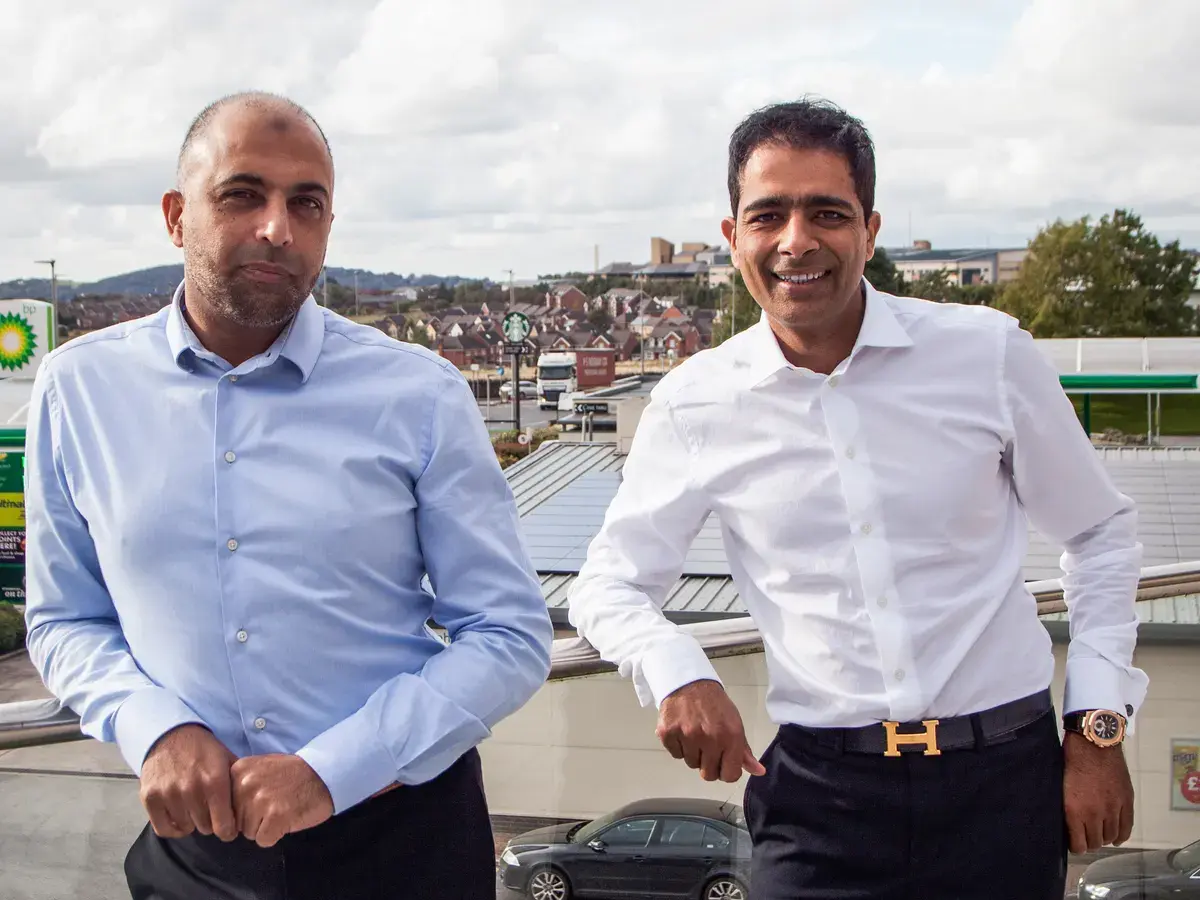
The Issa brothers
In 2001, the Global Indians began their partnership, pooling in their savings to buy their first petrol station in Bury, Greater Manchester, and Euro Garages, which now spans over 10 countries, came into existence. They were backed from the start by private equity firm TDR capital.
“The boys would help out (their father) during their teen years. That is where the passion for petrol stations came in,” said Asma, Zuber’s wife, in an interview. The two brothers themselves are very private, and stay away from the media as much as possible.
From petrol station to an empire
However, they didn’t want to just run a petrol station. Even as teenagers, the boys had recognized that merely selling fuel didn’t bring in profits. They had to offer customers something more. And opportunity presented itself – around the same time, oil companies were selling off or closing their petrol stations to focus on production and refining instead. They saw an opening in making the shops on forecourts more appealing to customers who stopped by to refuel, incentivising them to spend on coffee, fast food and even groceries. To Issa, this was a transformation from the norm – “dirty, kiosk style stores offering cokes and smokes.” They tied up with private equity firm TDR capital, bought up vacant sites and expanded.
The Issa brothers began acquiring the tired, run-down petrol stations and transformed the semi-derelict sites into bustling hotspots, collaborating with big supermarket chains like Spar and Carrefour, as well as fast food chains like Subway, KFC and Burger King. “Fuel sales were declining. We wanted to create a destination where you could get fuel, food-to-go and shopping. This is the formula and it works,” Zuber Issa told Financial Times, in a rare interview in 2018, after he and his brother had been voted entrepreneurs of the year by Ernst & Young.
“I didn’t know what they saw in the petrol industry. We had only been married a couple of years. We were actually on our way back from holiday in Malaysia, and he stopped off in Bury to see this site and then in the car he told me, ‘I have just bought this,'” Asma added. Every Saturday, Zuber Issa would visit all the sites. And when he could no longer manage on his own, his brother Mohsin entered the picture.
The expansion strategy of Issa Brothers
The empire was built on debt, but in 2021, they expanded to the US by acquiring a controlling stake in the country’s largest supermarket chain, ASDA. It was a historic deal, as the formerly British chain had been acquired to Walmart, and was bought back by the British-born Issa brothers for a whopping $8.5 billion.
In 2021, they became the largest outside investors in Castore, the fast-growing British sportswear brand. The Beahan brothers, who founded the brand, commented, “Since the brothers have invested, they have really pushed us to grow the business and have helped enormously to accelerate our strategy.”
With Zuber spearheading strategies and acquisitions, in 2022, the Issa brothers diversified into venture investing, after leading an $80 million investment in fintech company Bud. They also made an $8.7 billion bid to buy up Boots, a pharmacy chain owned by Walgreens. They also teamed up with KKR in November 2021 for a majority stake in Jaja Finance, after which the company, which is a credit card lender, signed a deal with Asda to launch a new digital card.
When things go wrong for Issa Brothers
Not every venture has been successful, however. With its backing by TDR capital, the EG Group empire is mainly fuelled by debt, and wrong investments become that much more costly. In 2018, EG bought 540 petrol station sites in Australia for $1.73 billion. However, after having to down-value the business twice, EG is now keen to sell.
Moreover, according to media reports, Zuber is also allegedly planning to step down as the co CEO of EG, leaving entirely in his brother Mohsin’s hands. In the meantime, Zuber is working to complete his own deal to buy a number of sites from EG Group, according to a report by Bloomberg. And in December last year, the EG Group also signed a deal to sell all its gas stations in the UK and Ireland to Asda, and also offload all its KFC restaurants in both countries.
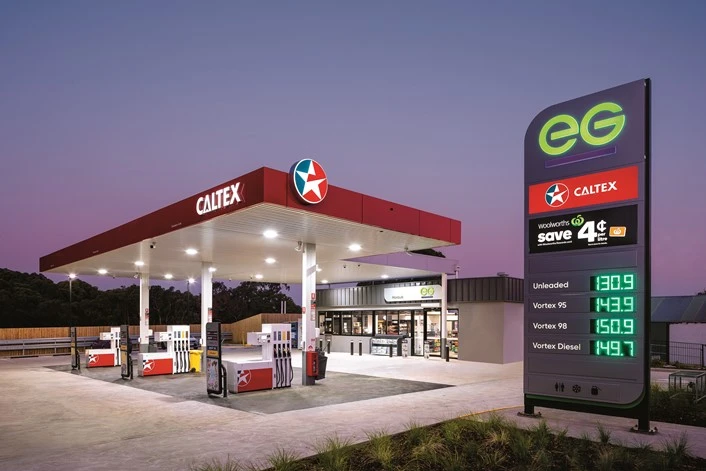
Living the high life
The Issa brothers have never forgotten their humble beginnings and have maintained strong ties to their hometown, Blackburn, where their parents continue to live. However, they have also built five luxury homes in Blackburn for themselves and their relatives, complete with basement swimming pools. They also used funding from the Bank of America to buy two private jets, a Bombardier Global 6000 and a Bombardier Challenger 350. Both planes, which flaunt the EG name, cost the Issas tens of millions of euros to acquire.
However, the Issas have a reputation as generous philanthropists, and set up the Issa Foundation in 2016. They make grants to individuals and organisations across the world, from England to India, as well as Albania, Bangladesh, Kenya, Malawi, Morocco and Sri Lanka, to name a few, in healthcare and education. In 2022, they made a £350K donation to hospitals in East Lancashire, and gifted them 127 defibrillators. They also continue to invest in Blackburn, including donating £5 million for the construction of a mosque. Their philanthropic efforts earned them a CBE in the 2020 Birthday Honours for services to business and charity.
- Follow the EG group on their website.



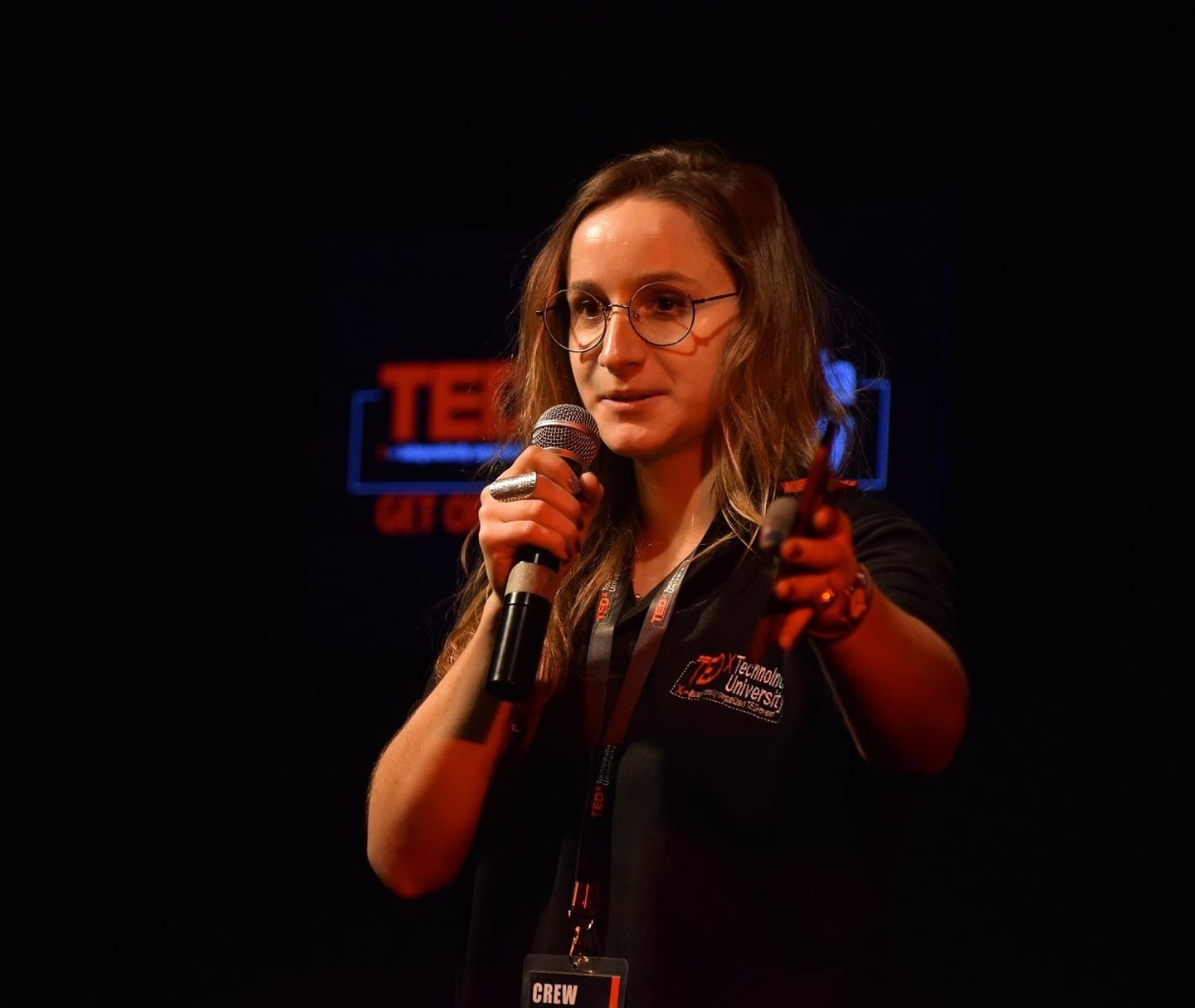 Pauline Laravoire[/caption]
Pauline Laravoire[/caption]
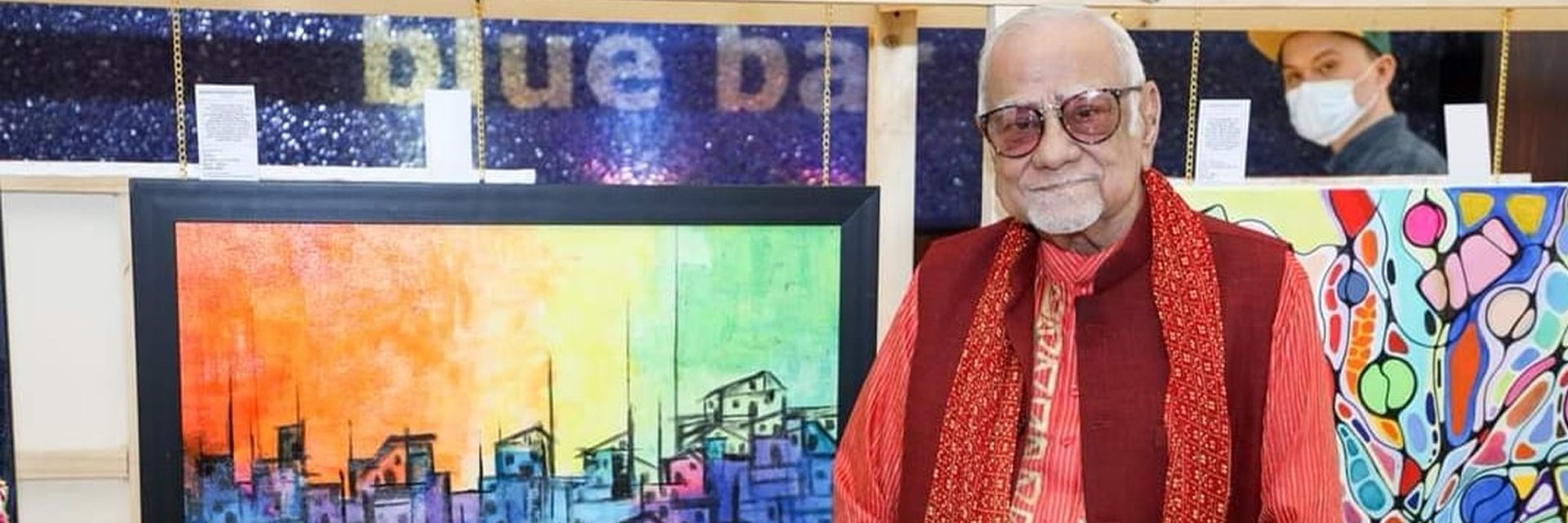
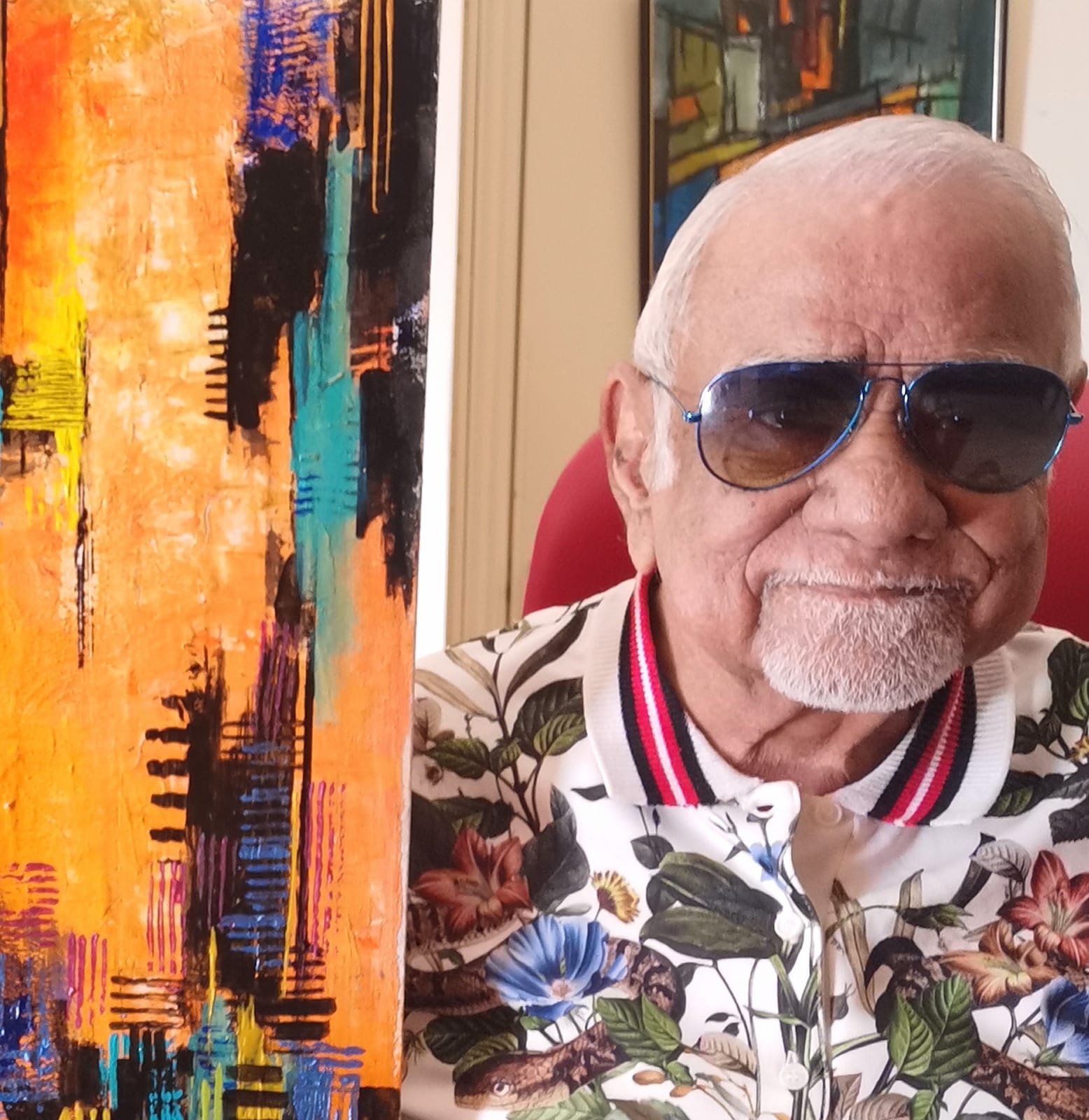 Anjini began painting when he was 60 and hasn't looked back since[/caption]
Anjini began painting when he was 60 and hasn't looked back since[/caption]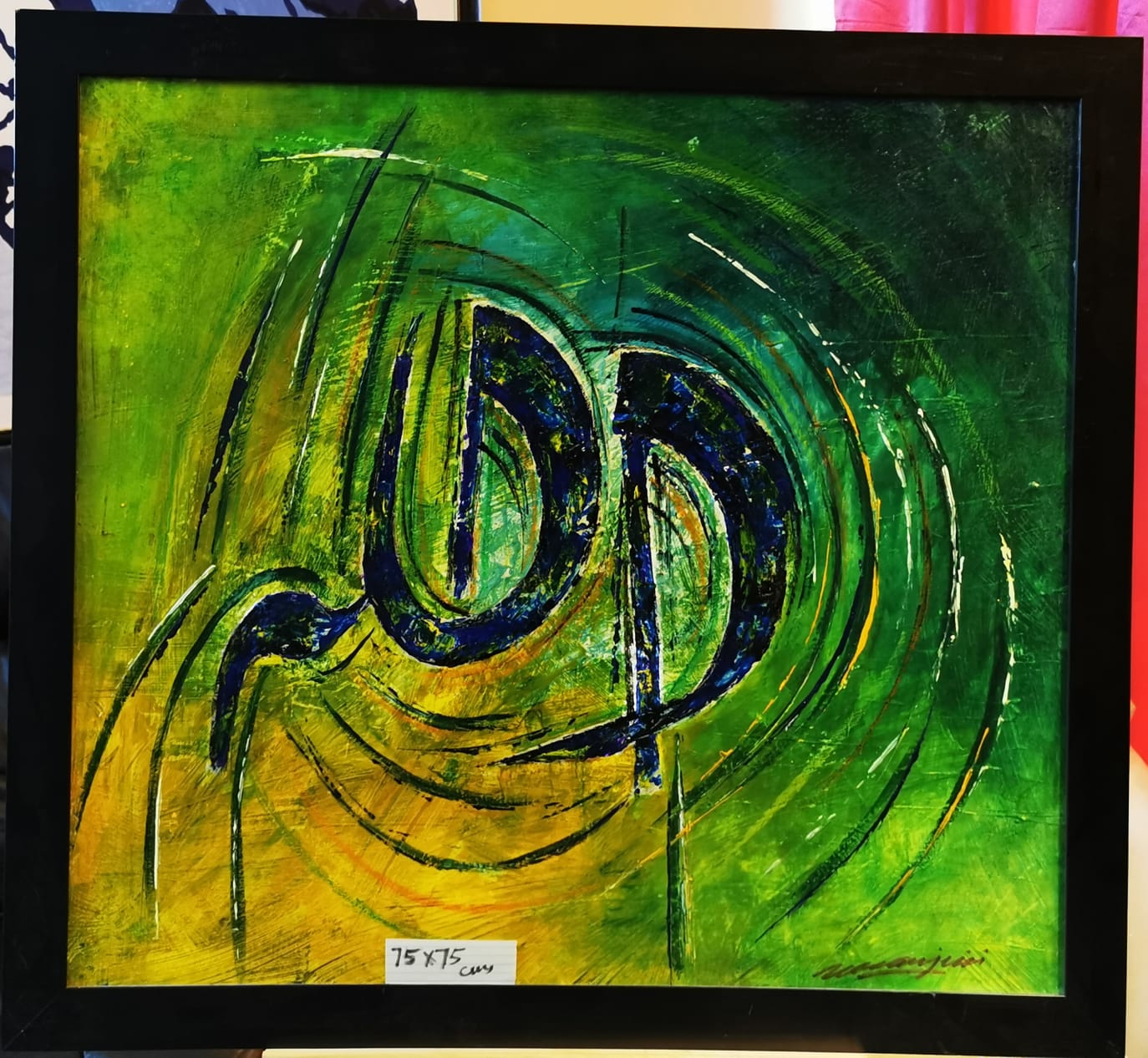 His work is inspired by the colours of Mathura, his hometown[/caption]
His work is inspired by the colours of Mathura, his hometown[/caption] As a fabric painter, Anjini has worked with some of the biggest names in haute couture[/caption]
As a fabric painter, Anjini has worked with some of the biggest names in haute couture[/caption]

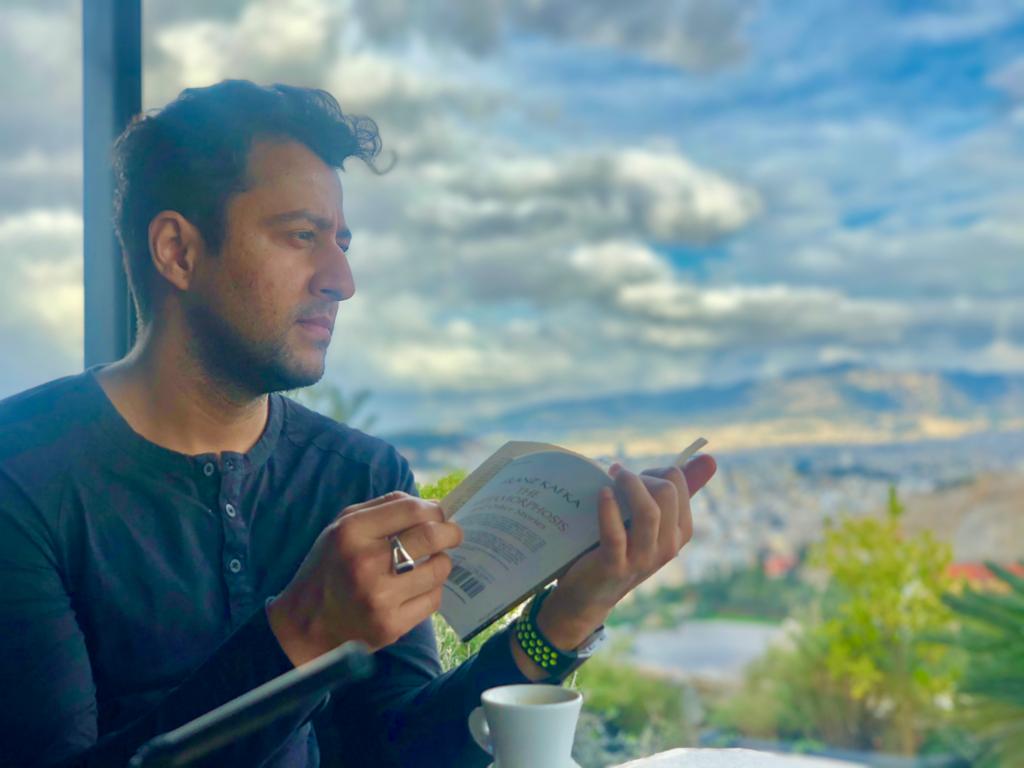 Indian author Atul Koul Randev[/caption]
Indian author Atul Koul Randev[/caption]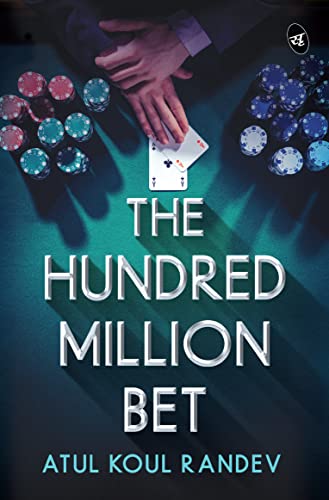

 Firoz Merchant[/caption]
Firoz Merchant[/caption]
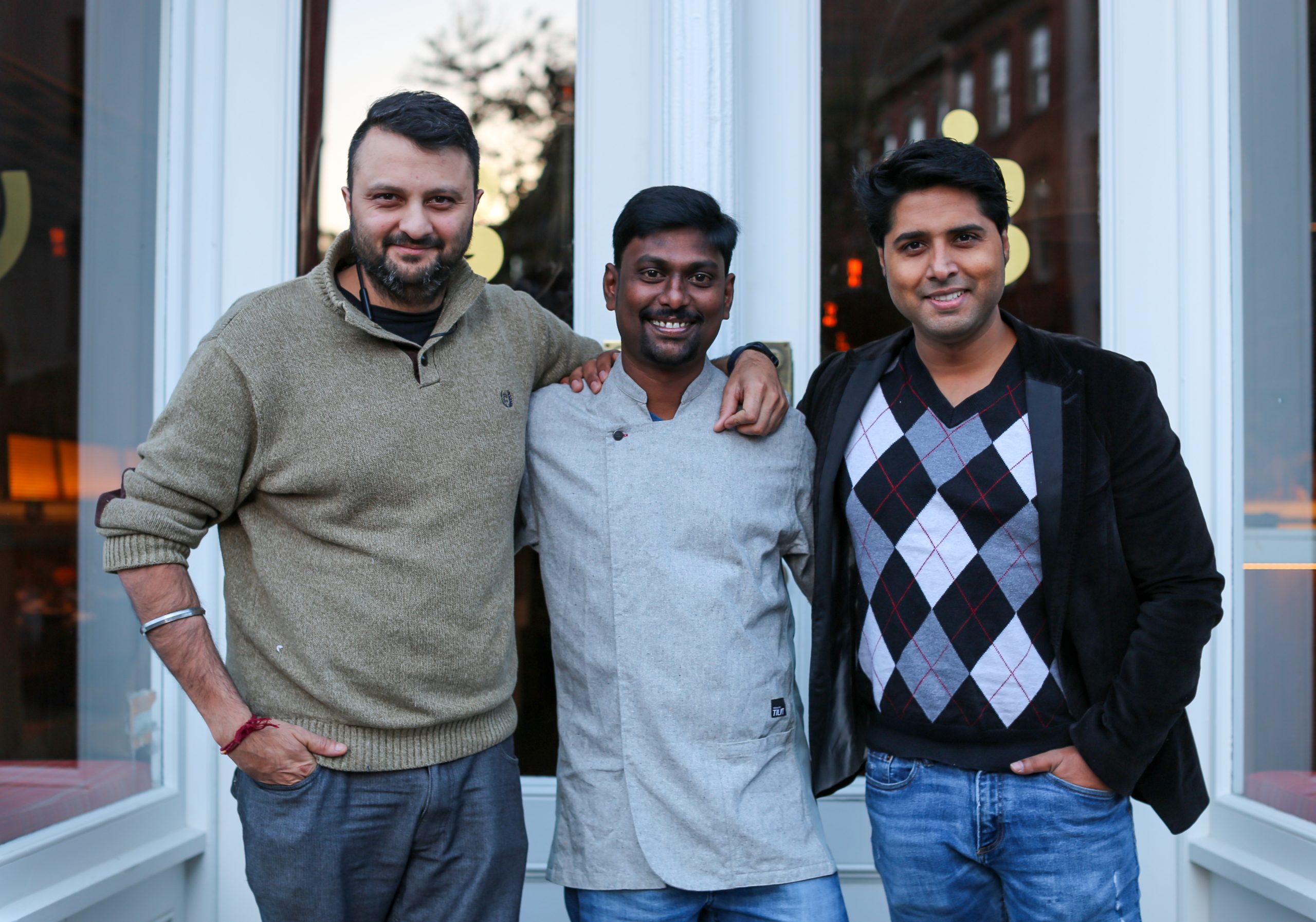 Chef Chintan Pandya with Chef Vijay Kumar and Roni Mazumdar[/caption]
Chef Chintan Pandya with Chef Vijay Kumar and Roni Mazumdar[/caption]